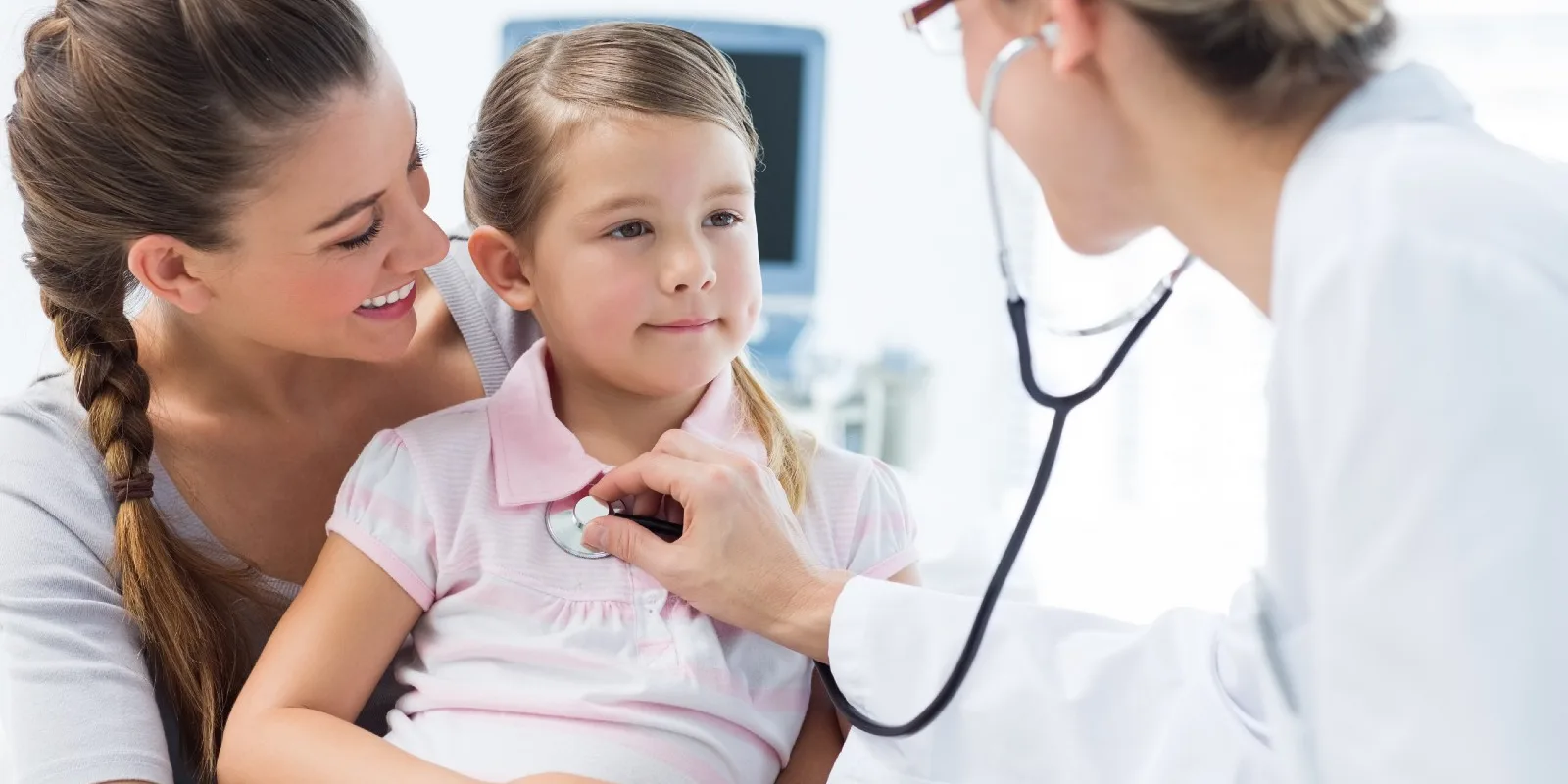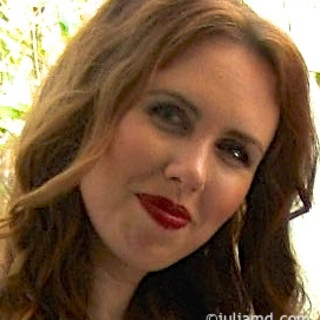
By Julia Michie Bruckner, MD, MPH
“Hey doc, do you have kids?” the father asked as I peered at his squirming son’s eardrum.
Though this question has always irked me, I grew accustomed to it. My patients’ parents asked it often.
“No, not yet,” I replied, suppressing my irritation while moving on to examine the child’s throat.
What I wanted to say was, “No, I don’t. I’ve only spent years studying to be a pediatrician, taking care of thousands of kids, and I also was a public school teacher before medical school. But I guess since I haven’t had any children of my own, I must not know enough.”
Obviously, the question riled my defenses. I wondered why. I hoped to have my own children but wasn’t sure it would happen. A cancer diagnosis in my twenties had left me uncertain if I’d live long enough. I was single with a recent string of bad dates. It hurt to have my skills and judgment questioned over something of which I had little control.
I didn’t yet know that years later, I would finally go on a really great date — one that would lead to marriage and soon after, the birth of my first child.
My daughter was just two days old, all six pounds of her swaddled, tufts of auburn hair sticking up on her perfectly misshapen head, her adorably chicken-like legs tucked when the nurse came in to give her the hepatitis B vaccine. I’d stoically watched thousands of children receive injections; I wasn’t worried.
But as the needle jabbed her tiny thigh and her rosebud mouth shrieked with shock, I burst into an embarrassing fountain of tears. The nurse smiled, whispering, “It’s different when it’s your own, right?”
Only then did I finally understand why all those parents asked me if I had children. They weren’t looking to verify my knowledge base, but instead were seeking a particular kind of empathy — a shared experience. They wanted to see if I’d felt the searing bite of my breastfeeding infant. If I’d cleaned vomit out of car seats. If I’d watched my child breath in the dim of night, scared his next coughing fit would turn him blue. If I knew how it felt to see the baby I’d just birthed cry with pain.
Before I was a parent, I definitely cared for my young patients and their families. I just didn’t yet understand the depths of a parent’s care—the nuances of their worries, the undercurrents of their fears.
Becoming a mother has not taught me any more pediatric medicine. I have learned a whole slew of practical things like diaper sizes, how to safely remove onesies covered in poop, the art of distraction, and so many Disney songs. But primarily, parenthood has humbled me. I now know it is magical, but also quite hard and often terrifying.
I have thought back to the mothers of children I’ve diagnosed with cancer, how they crumpled to the ground, pleading. I’ve remembered the fathers of babies I’ve discharged from the NICU, a cautious dance in their step as they got off the elevator, car seat in hand. I’ve reflected on the parents of children with special needs, who looked beyond the seizures, G-tube feeds and spastic contortions to see the light in their child.
Now, I see my daughter’s face in the tearful scrunched eyes of each toddler whose forehead laceration I suture. I see my son’s kicking legs in the chunky thighs of each infant I’m prepping for a lumbar puncture. But rather than being paralyzed by such moments, I find they fuel my practice, helping me truly treat each child as I would my own.
So as I care for their children, I try to send parents a little signal — “Oh, my daughter loves unicorns like yours does,” or “my son never napped well either”—and try to relate to them. Such mentions can soften a mother’s gaze or lift a father’s tensed eyebrows. Perhaps it helps them realize I’ve felt the joy the insecurity, the vulnerability of parenthood. Though every child and every parenting journey is different, there is still so much we share.
Dr. Julia Michie Bruckner is a pediatrician, mother, survivor of recurrent cancer, writer and 2018–2019 Doximity Author. You can find her at www.juliamd.comand @JuliaMDWriter.







